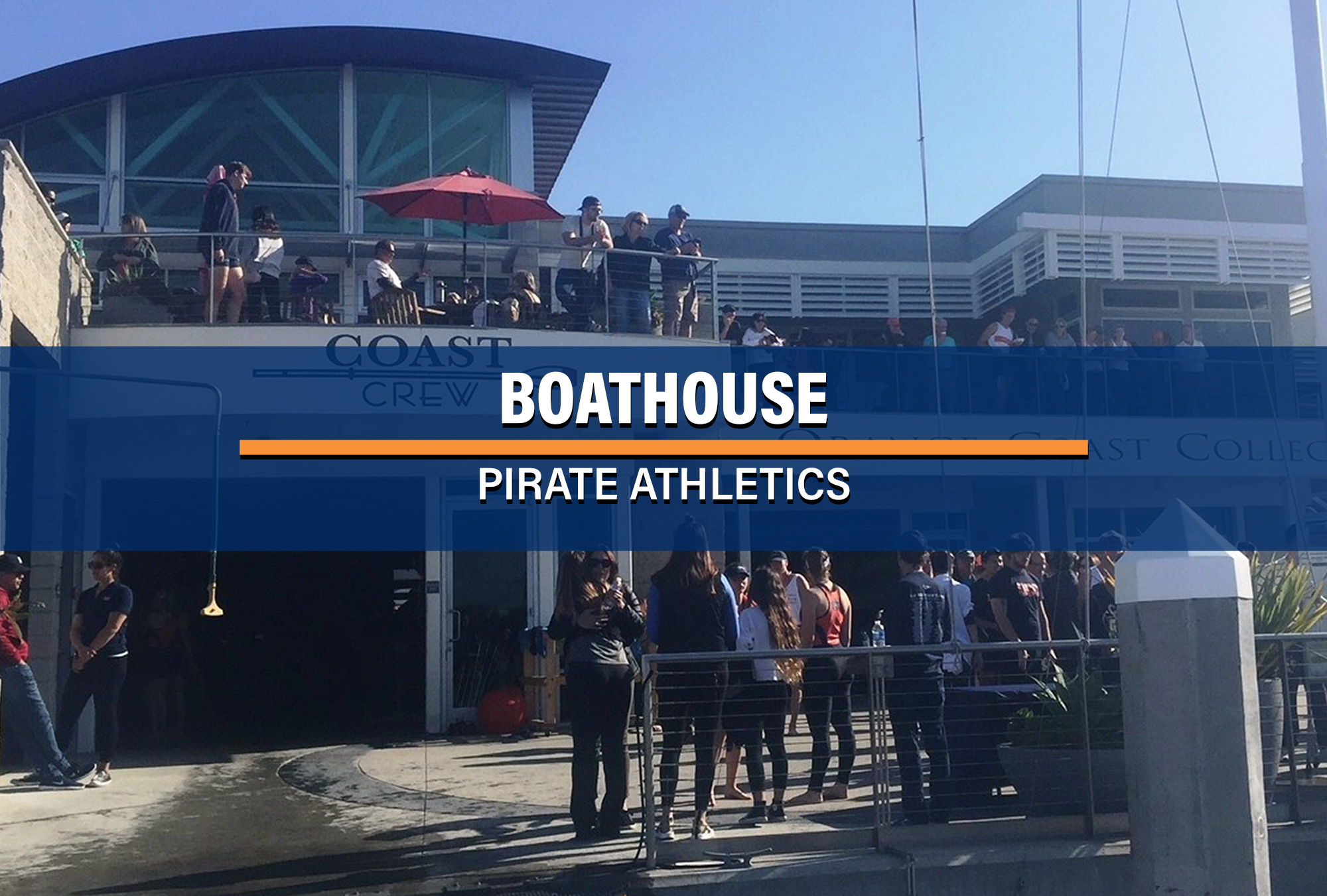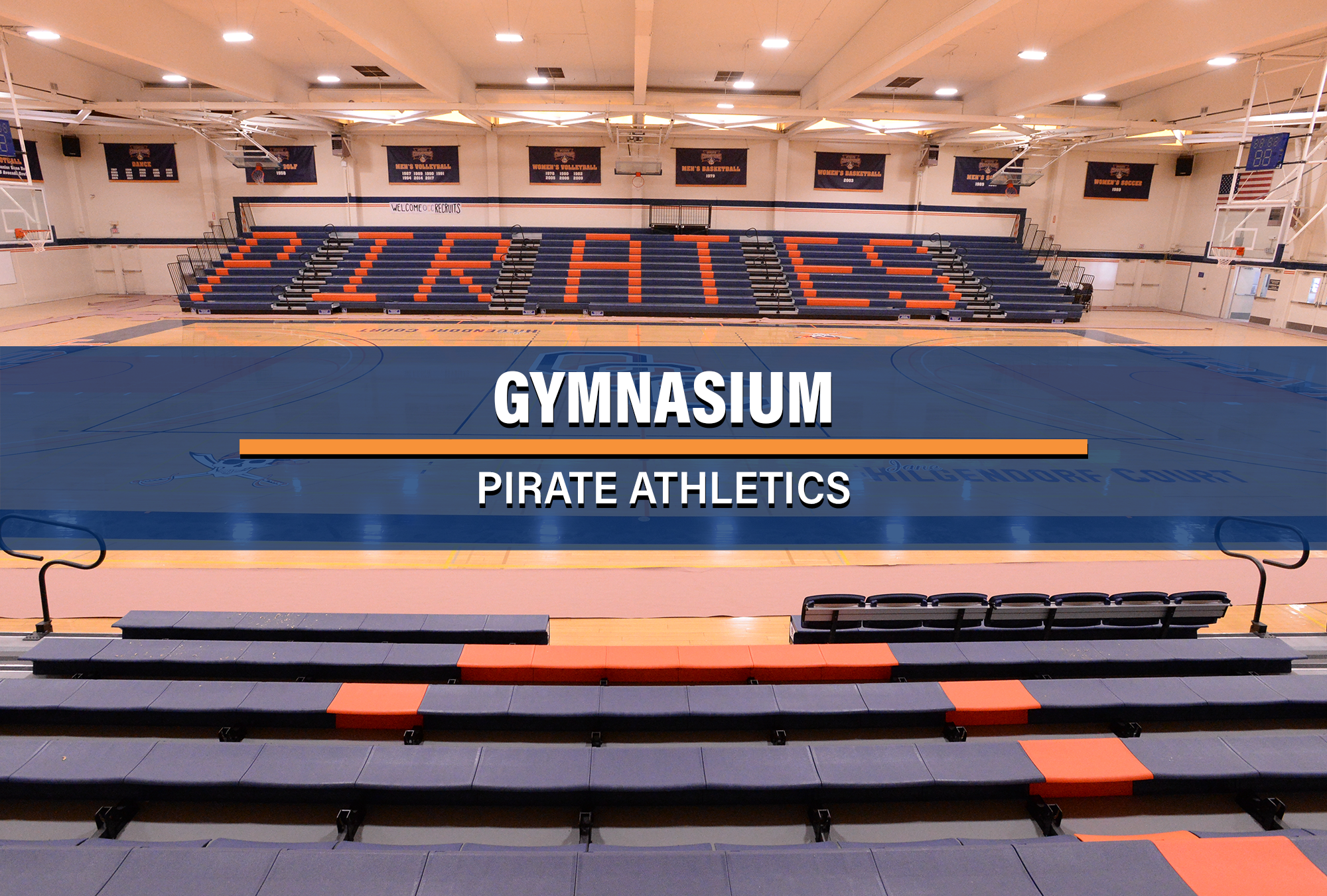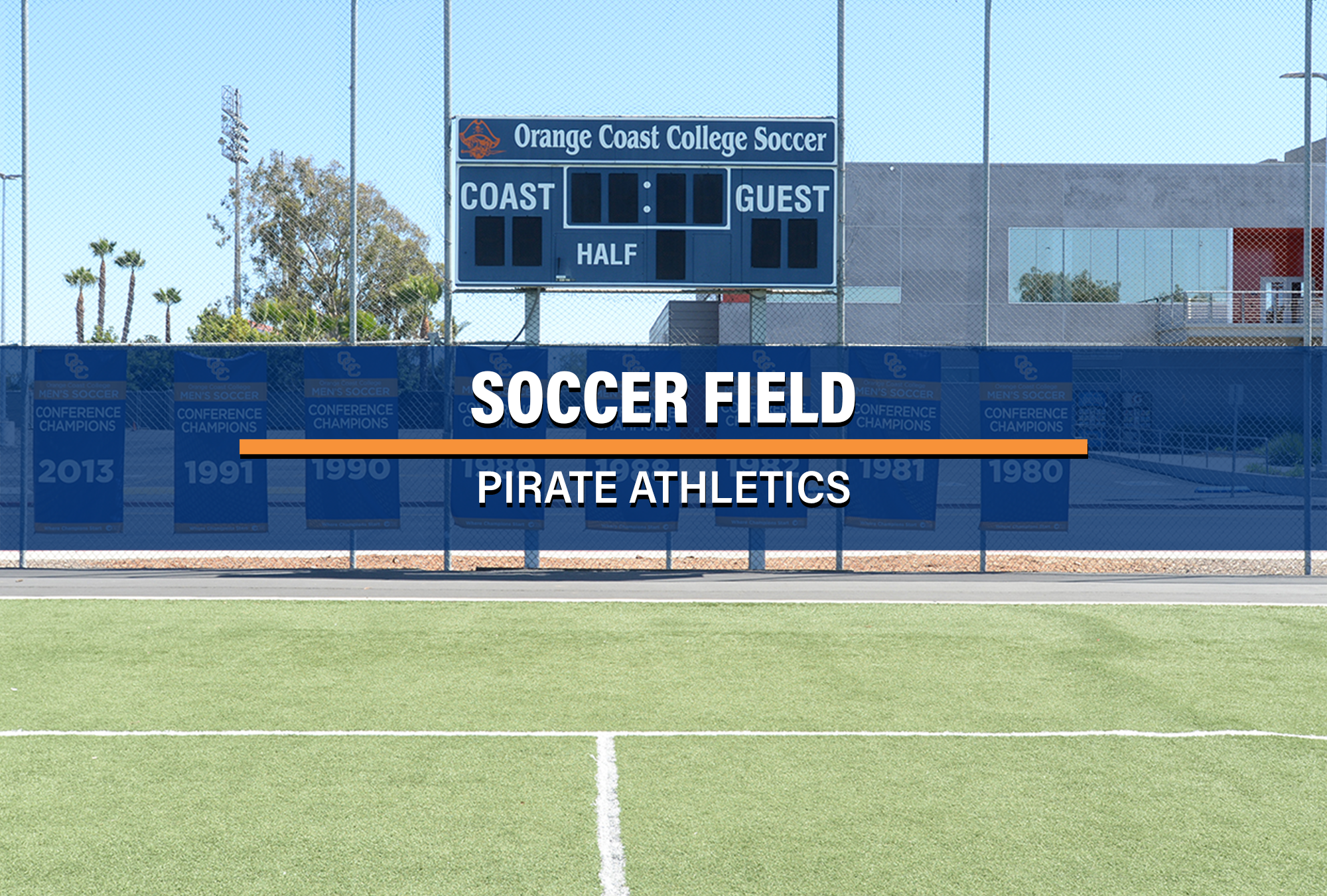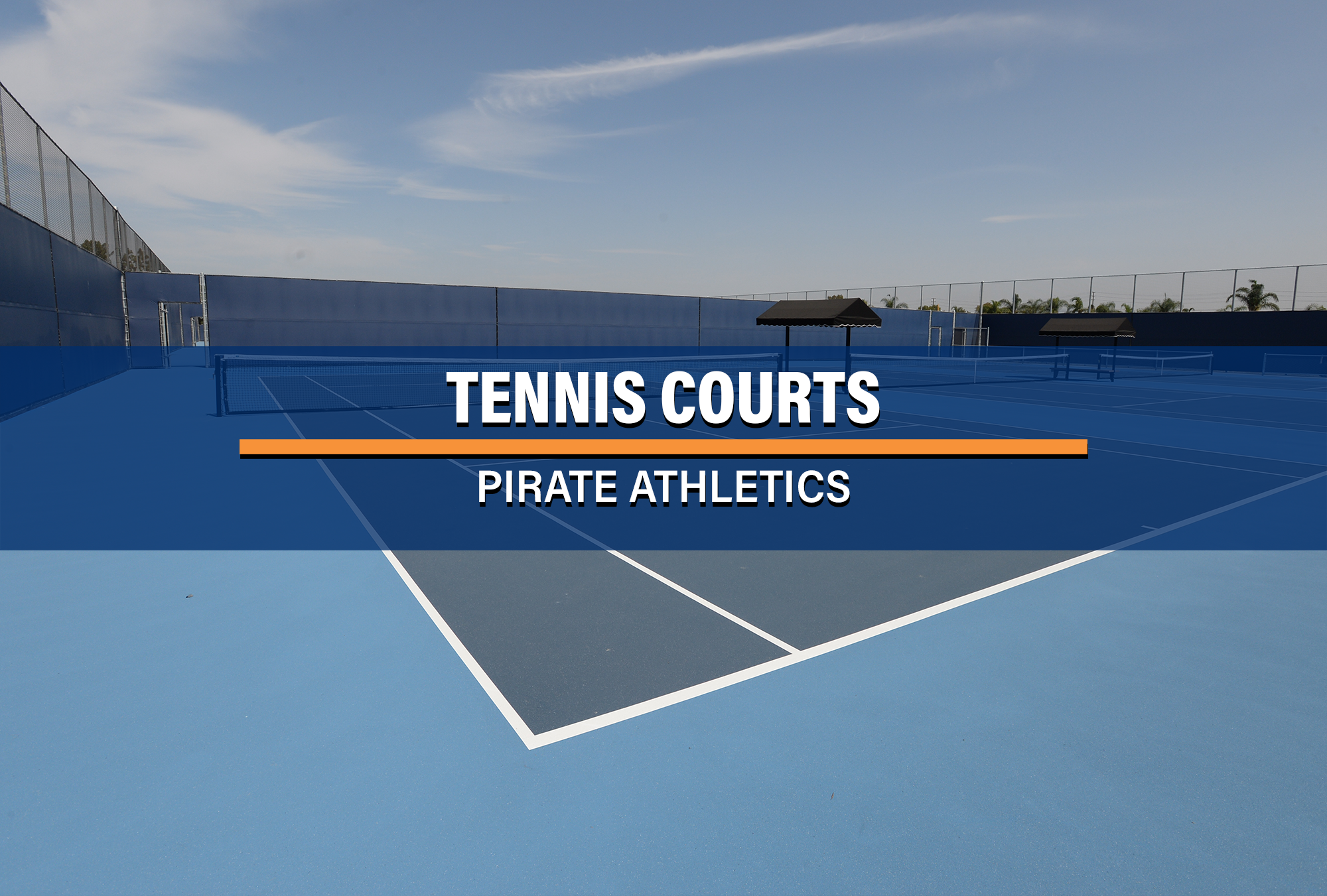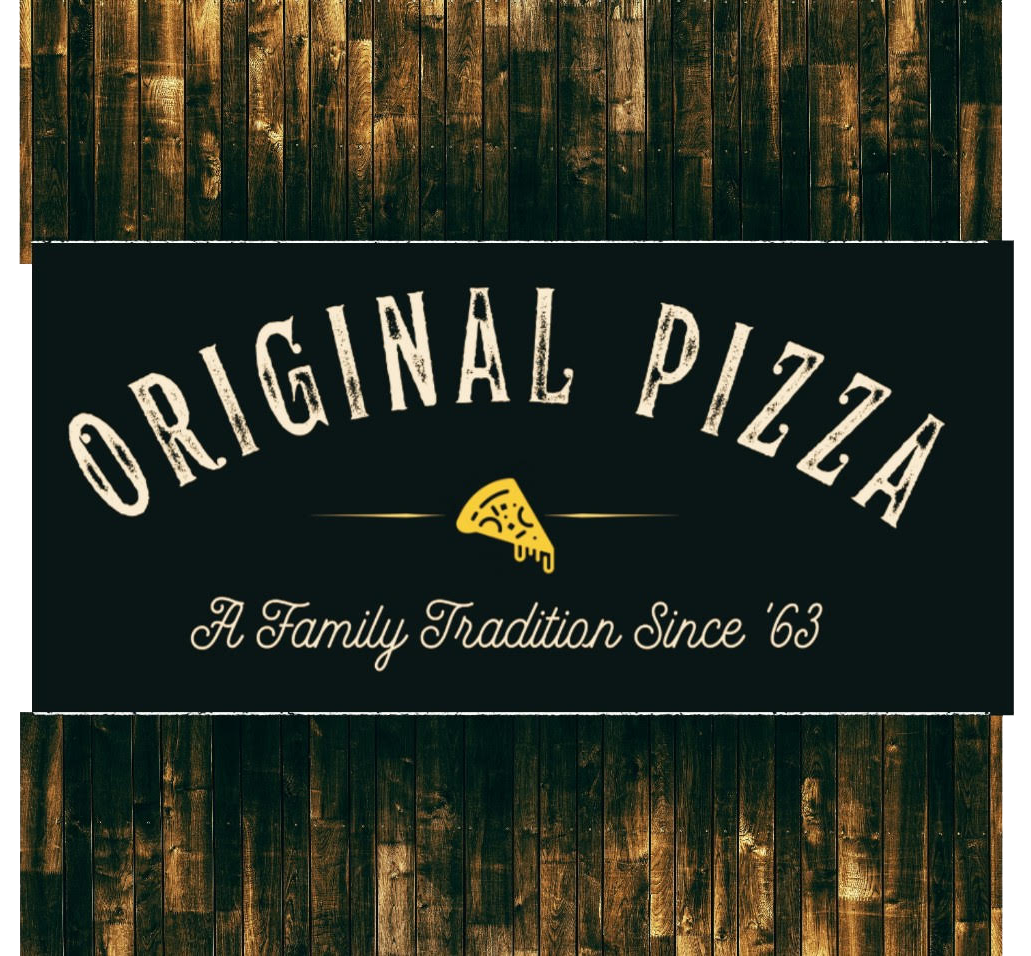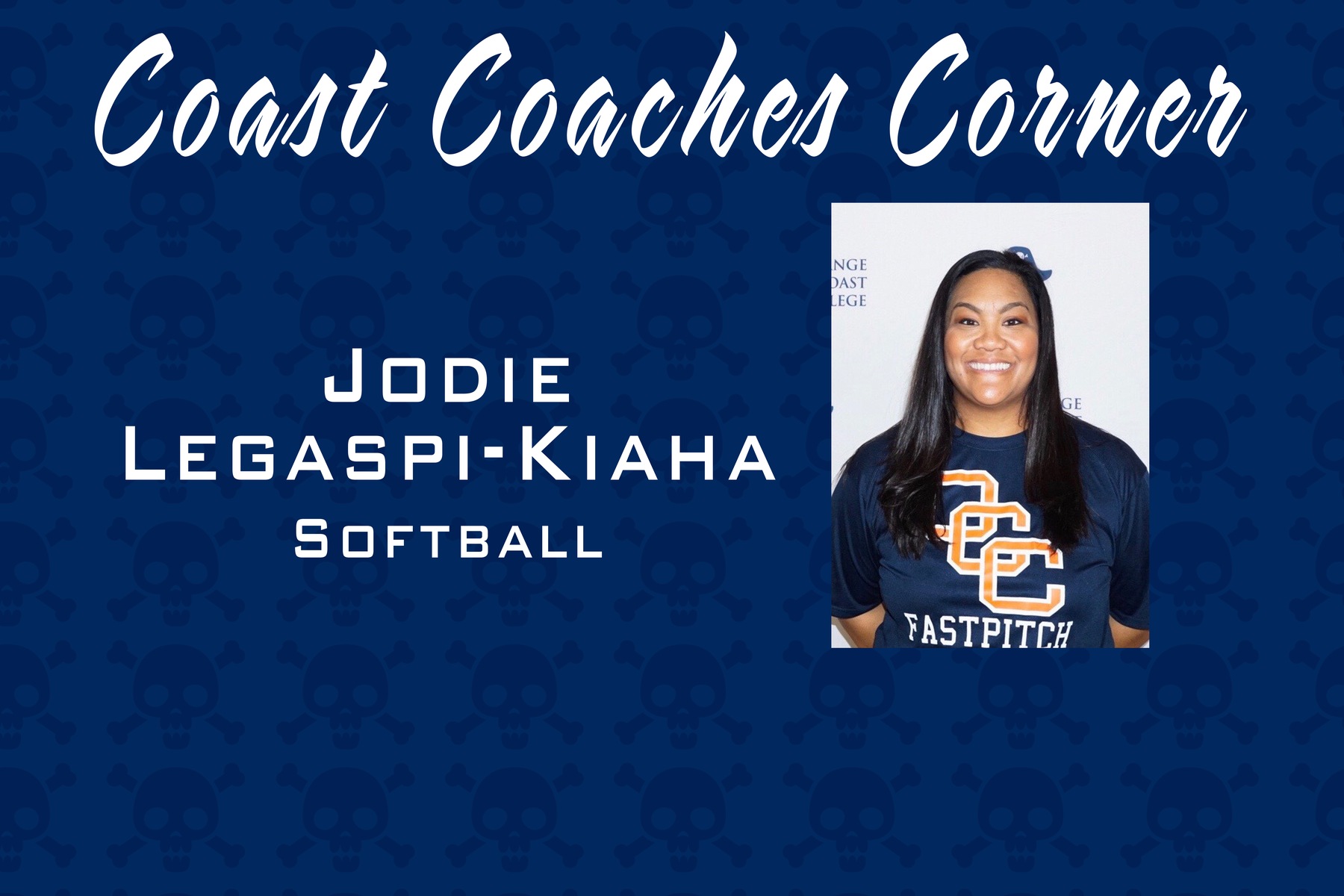
Coast Coaches Corner -- Jodie Legaspi-Kiaha
This week, we sit down with Orange Coast College head softball coach, Jodie Legaspi-Kiaha and we talk about her playing career at UCLA, her early experiences as a coach at OCC and the different aspects of softball at the two-year and four-year levels.
 At the time that you were officially named the head coach at OCC, the program needed some leadership and a steady direction. Is that what you saw when you first got here too? Coaches talk about "building the foundation" before you can move forward as a program. What are some of your foundation guidelines that you try and instill to your players?
At the time that you were officially named the head coach at OCC, the program needed some leadership and a steady direction. Is that what you saw when you first got here too? Coaches talk about "building the foundation" before you can move forward as a program. What are some of your foundation guidelines that you try and instill to your players?
"It was evident when I got here in 2009 when I was a volunteer coach that the program needed to be on more steady ground. I was coming to OCC off of a Division-I circuit at UCLA and my thinking shifted a bit. I saw a very observable need to have a community college program that could fully supply bounce-back student-athletes and give them what they need to succeed. Eventually, I left UCLA twice for OCC because I had this connection to this school. I had a family member, Simone Ibbotson, play basketball here and I fell in love with this place immediately. Also, my cousin, Vince "The Train" Legaspi played football here at OCC back in the '90s so I've always had this connection with the Pirates. When I got here, I knew there was so much work to be done and I wanted to chase and follow the excellence that (baseball coach John Altobelli) had with the baseball program. I had had success as a player at UCLA, but I was excited to start something from scratch. It was my own doing to take on this challenge and none of this would be possible without (former softball coach and interim Athletic Director) Kevin Smith, so saw something in me. I immediately fell in love with OCC and what it stood for. We needed to start to build the infrastructure first before we could get the program up and going full speed. I spent the early part of my career identifying the needs of the program, from our facilities to other smaller facets, making sure we had the things we needed to grow. From there, we needed to establish a routine with the personnel here and that started with me becoming a full-time hire. Now that we have continuity behind our program, the athletes now see the stability and we can now recruit the type of players who can really bring our program to the next level."
What got you in to playing softball?? I see you have some family history with Major League Baseball … is softball a sport you just grew up with?
My dad was the youngest of five boys from South Bay and my grandpa tried out for the Chavez Ravine League, but he wanted to start a family. My grandma's brother played for the Seattle Rainers minor league team and also played for the Cincinnati Reds, becoming the Filipino player in the Major Leagues. With that pedigree, I got the gene of playing baseball. I learned how to break in the glove with shaving cream and shaping it so it would be perfect. My grandpa had a golf net and I'd be hitting golf balls and throwing balls into the net. We'd go down the park and play all the time and I developed a real love affair with the sport. Both of my parents were athletes. My dad had played baseball and my mom played volleyball at UCSB and Long Beach State. I started as a swimmer, so getting a total body workout really helped me, but swimming became boring so I fell in love with softball. Around that time, the 1996 Summer Olympics were going on in Atlanta. I was 12 and watched Dot Richardson play for the U.S. She was like a rock star to me and from there, my ultimate goal was to go to UCLA and be like her. I struggled in school a little bit from being a bit distracted with the game. But I was fortunate and blessed to be able to play at the four-year level right away, but I didn't figure out how to become a great student until my junior year. I felt lost my first few years, but I finally earned the dual identity of being a student and being a softball player."
(While at UCLA … Legaspi-Kiaha helped lead the Bruins to a NCAA championship her freshman year in 2004 and a PAC-10 title in 2006. During her four seasons at UCLA, she played in 230 games, recording a .342 batting average, 43 home runs, 156 runs batted in, 128 runs scored, 230 hits, 40 doubles and 96 walks. Her name is listed on the UCLA career charts two times, as she ranks tied for seventh all-time in walks and eighth in home runs.)
You had arguably one of the best four-year careers in the history of UCLA softball, which says a LOT considering the history of that program. What was your collegiate experience like, not just as an athlete but as a student at UCLA? It seems like you had the experience that everyone strives to have.
"It was an amazing experience. I got to go to school where my family lived nearby, so I'd have 50-60 people at the games that were family! What a family legacy! My grandma and grandpa came to the U.S. from the Philippines. My grandma had a third-grade education, so for me to go to a prestigious school like UCLA was like a dream come true. That's why I love where I work now, because OCC embodies that same family philosophy. But as for the staff I played under at UCLA – some of the best softball minds in the history of the sport … hall of fame players and coaches. I was so very fortunate to play there!"
When did you first begin to think about becoming a coach? When you were at UCLA, were you thinking about staying in the sport as a coach?
"To be honest, I wanted the big stage and be a Division I college head coach …. until I went to OCC. There's just something about this place. The combination of still being close to my family and having the opportunity to start a family of my own and raising my kids in a good area, OCC is the perfect fit for me. Now that I'm here, I want to run a program with the same specs as a Division I program."
Tell us about the first stint at OCC … you were an assistant coach under Kevin Smith, but since Kevin is more of a soccer guy, my guess is that he gave you the reins of the program and I'm sure you gained about a decade's worth of experience in that two-year period.
"Kevin taught me about OCC's way of doing things. We had instant respect for each other as colleagues and he taught me about the school and what we needed to do to be successful. At this level, you might get a kid who hadn't played for two years and was working at Starbucks and wants to play again. It's a different mindset at this level compared to coaching at UCLA, that's for sure. We get players looking for a way to be better. It's a different caliber of player than recruiting for a D-I, but the hopes are the same. Kevin stepped in and allowed me to get some valuable coaching experience."
After leaving OCC and going back to UCLA … what forces brought you back to OCC for a second stint with the Pirates? Tell me about that hiring process.
"I had to leave the first time and when Kelly Inouye-Perez got the head coaching position. She asked if I could come back to UCLA and I told her no at first because OCC was where I wanted to be. She told me to pick one or the other, so I decided to head back to UCLA, but I'd still come and visit OCC and we had (former OCC player) Jessica Amaral at UCLA. I told myself that if the position were to ever open up again, I'd come back, and I was fortunate enough to get a second chance with OCC."
So now you're at Coast and you're trying to bring back to life this softball program. We talked about building the foundation and all that stuff, but at the end of the day, you need some players. What are the key steps in bringing in the players that you need to make this program successful? Especially as a new coach with a program that is still looking to gain its footing.
"It takes time and attention. There was so much turnover before I arrived there was wonder of 'is she still going to be there?' But now that I'm tenured, they know I will be there. I've been lucky enough to bring great people here to help advocate our program. We always focus on student success … the wins will come. With COVID this year, players are staying an extra year and gain even more experience and opportunity to make it to the next level, which is great. I've got some great assistant coaches, like John Ramirez, who came to me from Santa Ana College as their lead recruiter. He'd been emailing me for years and we were able to bring him in last year. I'm starting to get the players I've always wanted to get. Collecting softball minds – people you can trust – have been so instrumental. We try and look for high school juniors or unsigned athletes from the Class of 2021 and 2022. They will understand our culture and hopefully enhance what we are trying to do here at OCC."
To play softball in the Orange Empire Conference is a challenge because unlike most sports where there are several teams who can step up and dominate for a year or two at a time, there is one team that seems to have a stranglehold on the conference while the rest of us are trying to stay in the same zip code as them. What will it take for a team like OCC to get to that level of success?
"It comes down to recruiting and getting the right player and putting. them together with the OCC academic policy. Once we get out of the gates, we can compete at that level. The best recruiters you have are your players. I want to win, and the caliber of athletes the more successful schools are getting, I feel like we are ready to get them as well. I've attended the state tournament for the past six years and I've been going to school on the format and how it's run. I've been preparing for where we would stay and how we'd prepare. I need the caliber of players who can make the big plays on defense and get the timely hits. I remember when Alto won my first years here. He gave me the perfect foundation and showed me what it takes."
This year, the numbers have been great for the Pirates, but of course, we are now in a holding pattern due to COVID. What have you been able to do since the time we've been shut down to not only recruit players for this year, but to keep them focused on their athletic and academic responsibilities throughout this pandemic?
"Luckily, we were able to get ahead of this pandemic. Our 2020 Senior Day came before COVID and we were able to establish the program's philosophy. Zoom has been a blessing and we've been working out online three days a week. I've been using John Wooden's Pyramid of Success and having lots of 1-of-1 conversations with our players to keep connected with them. Plus, our on-campus apartments opened up and we got some of our players in there, which has been great. Now that we can get together face-to-face and actually bond together. For many of them, coming to OCC was their first choice, so we're so happy to have them here."
 What is the most rewarding part of coaching? Besides the wins and the losses? What gives you the most joy about this profession you've chosen to take?
What is the most rewarding part of coaching? Besides the wins and the losses? What gives you the most joy about this profession you've chosen to take?
"For me, I think it to see how well they progress from when they first get here to when they leave. I get to see them in their first two years out of the gate and when they come back and visit, it's great to see just how far they've gone in life. Nobody is making them play community college softball … its because they want to do it. I get players that actually WANT to be here. I wasn't expecting that when I first started coaching here."
So if I were to ask your former players "what were the biggest lessons Jodie taught you during their time at OCC" what do you hope their answers would be??
"To keep their priorities in order, both in the classroom as well as on the softball field. I'm a firm believer in faith and family and communication. Make sure you're honest and trustworthy, bet a good citizen and don't sweat the small stuff. Softball is a lot like life. Every day, you drag the field and put out fresh chalk to play. It's a new start – a new beginning. It reminds me that when things are bad, the sun still comes up and the grass is still green."
Finally … there's been so much talk about the "OCC Pirate Family" this year with all that's happened in 2020. What does the "OCC Pirate Family" mean to you and how would you like to see that feeling continue to grow throughout our department and throughout our campus?
"The idea of family really resonates with me, no matter what political party or social demographic, you want to rally around the things we have in common. It HAS been a difficult year for everyone. It's crucial during these tough times to recognize the team mentality and making sure someone always has your back. Sports can definitely teach that. It's important to teach up the next generation and teach them how to live in this world and sports is a great way of doing that. During tough times you have to put one foot in front of the other and stretch yourself beyond where you are. In a family, there is strength in numbers and within our school, we have good numbers and lots of new blood. We need to make sure we are advocates of each other and that makes for a great work environment. Sure, there will be problems from time to time, but we are here for one common goal and that is for the success of our student-athletes."










